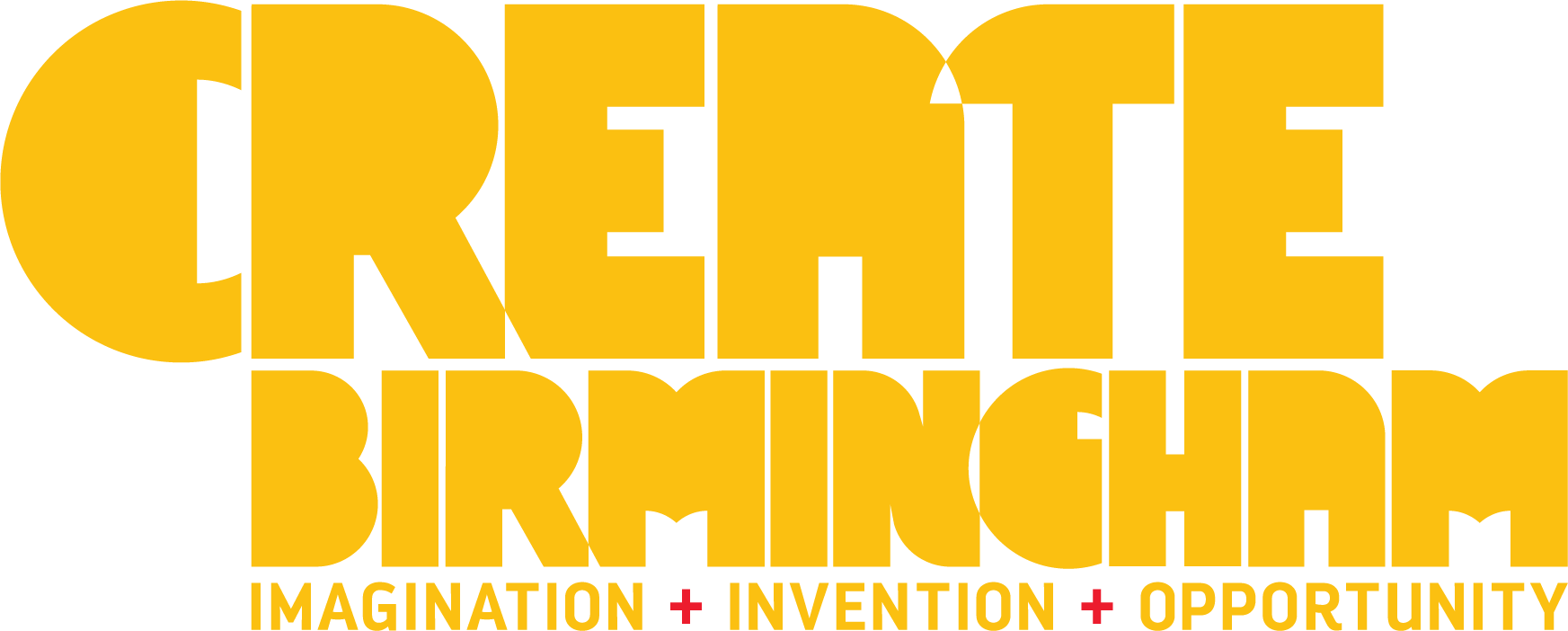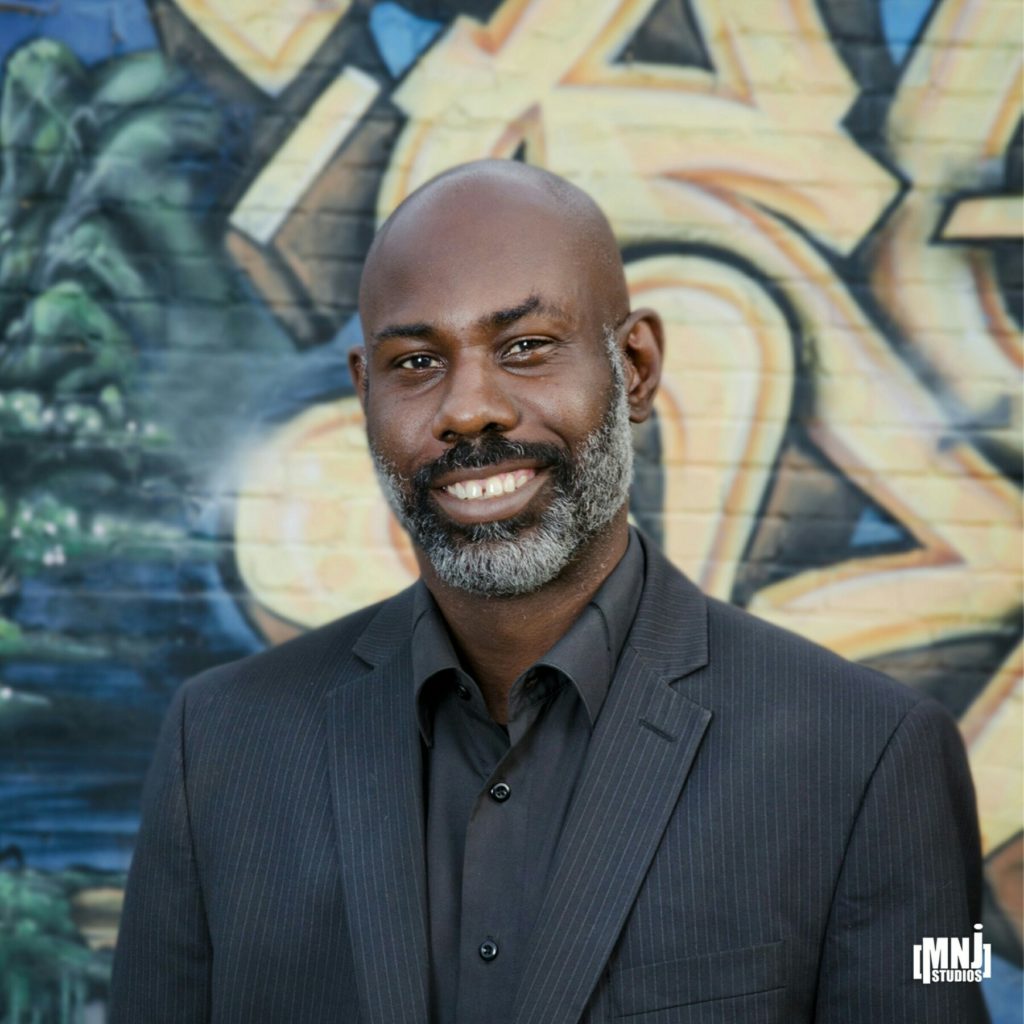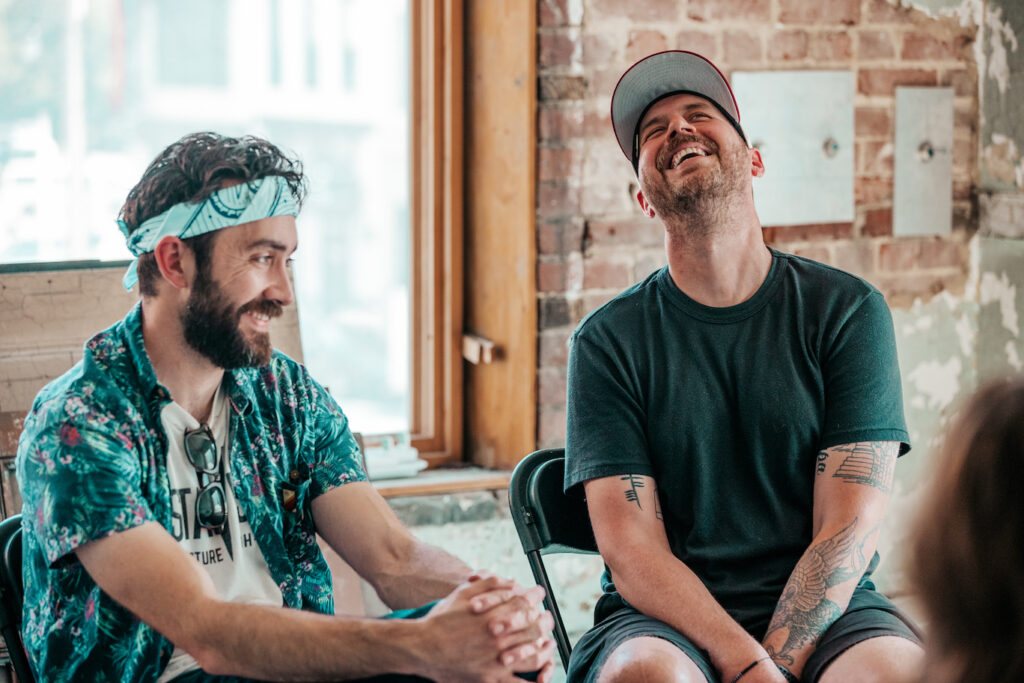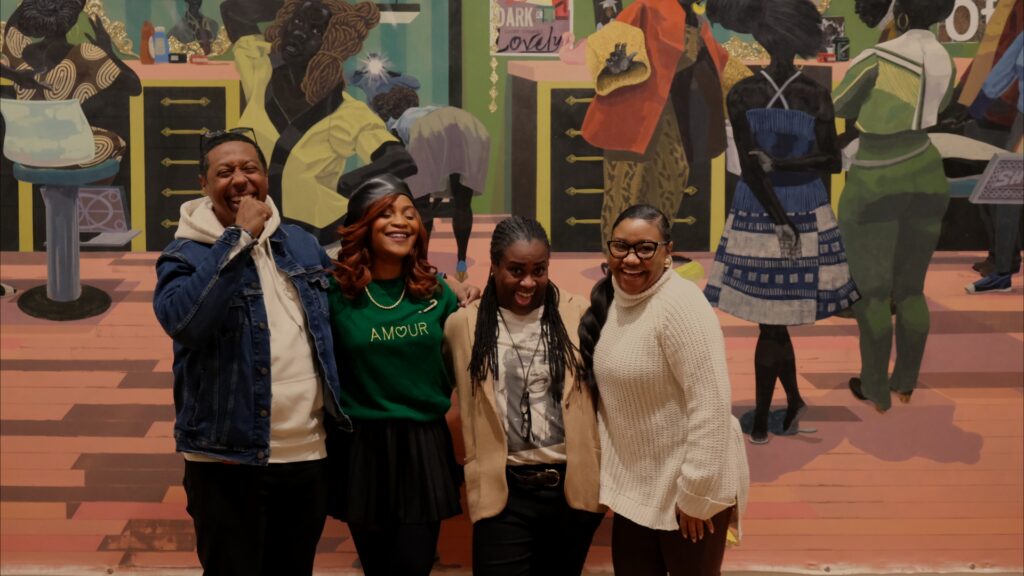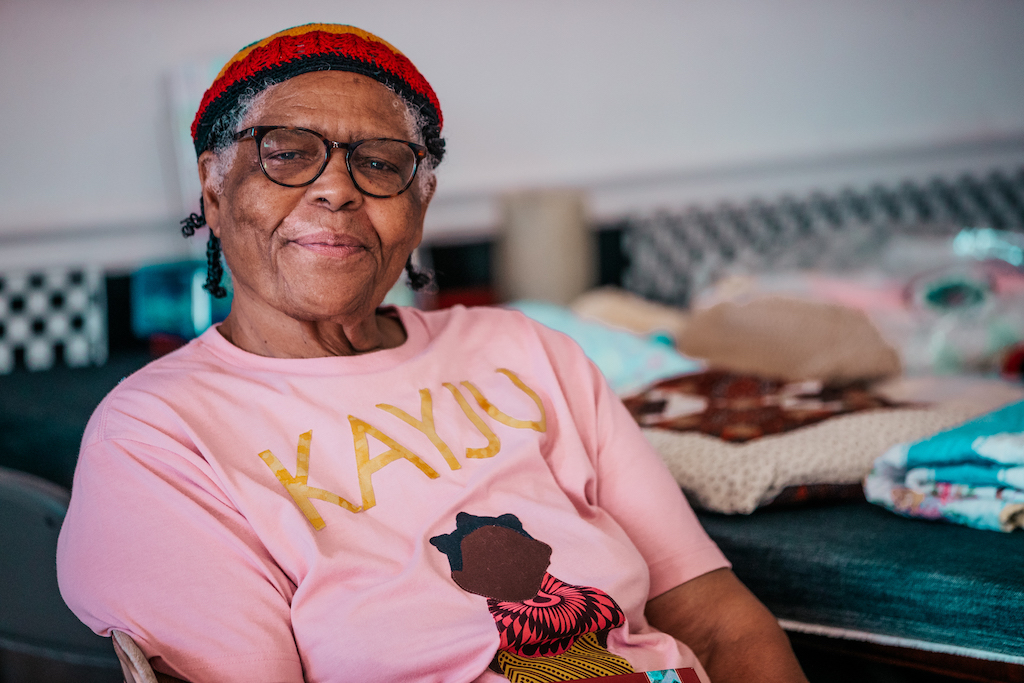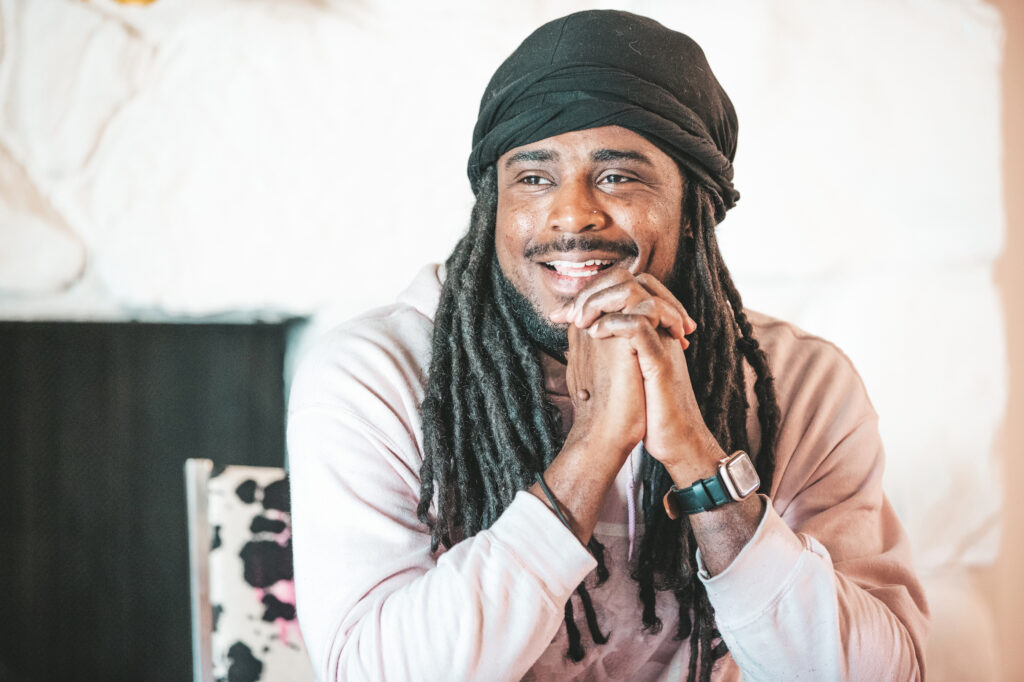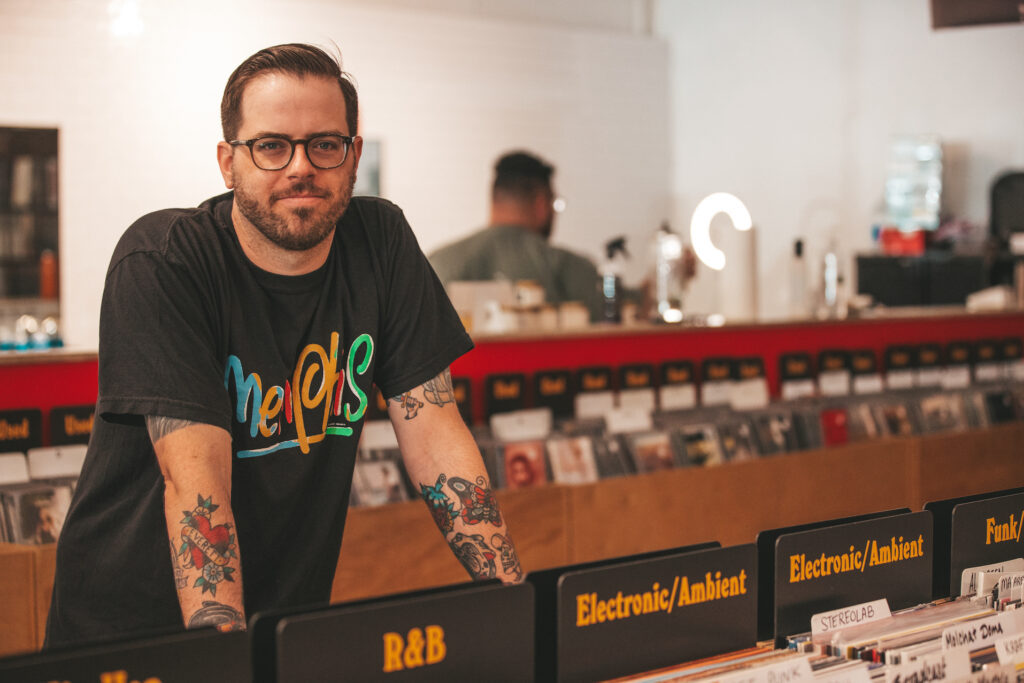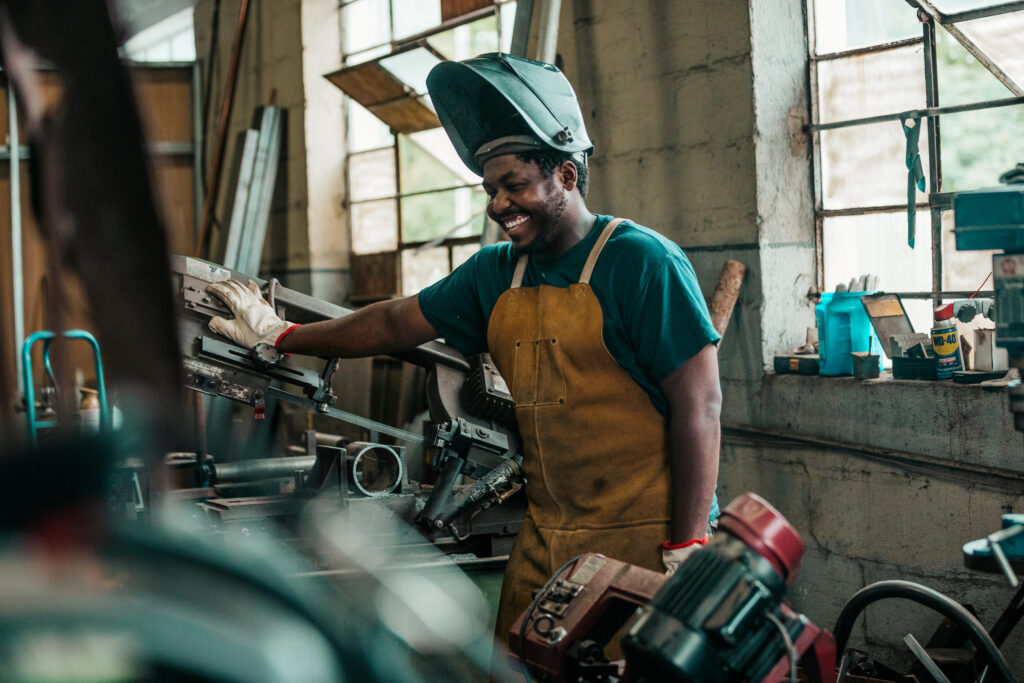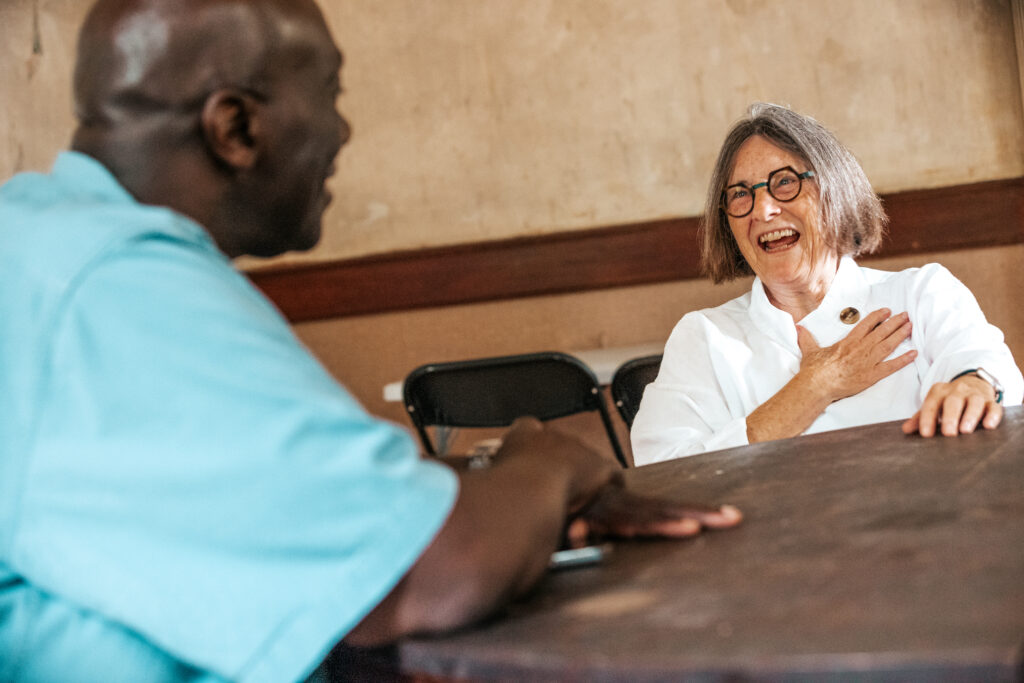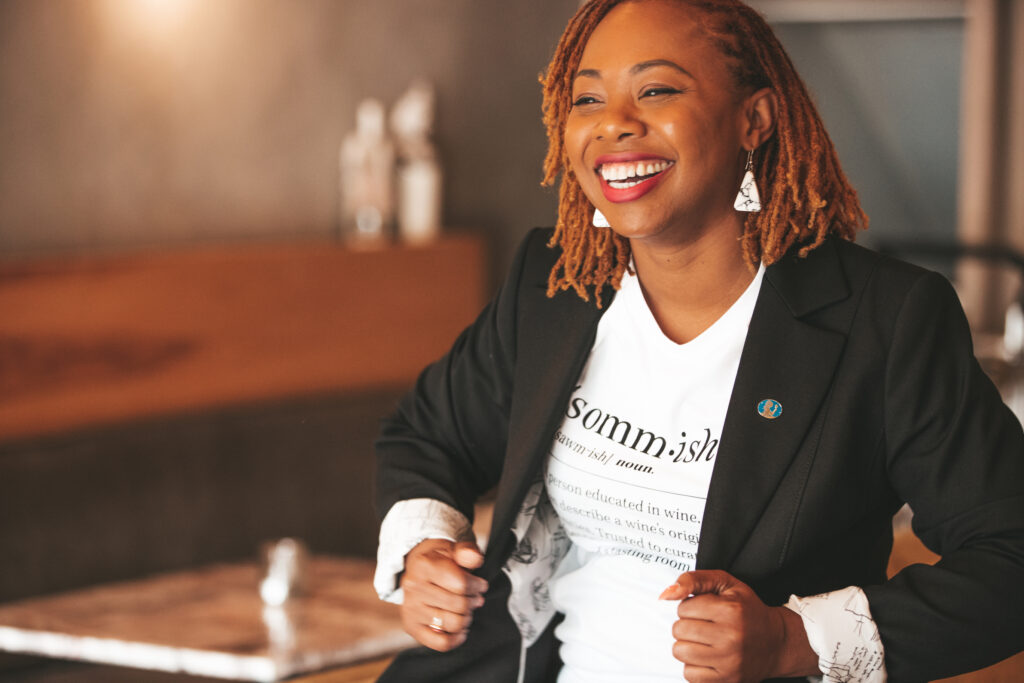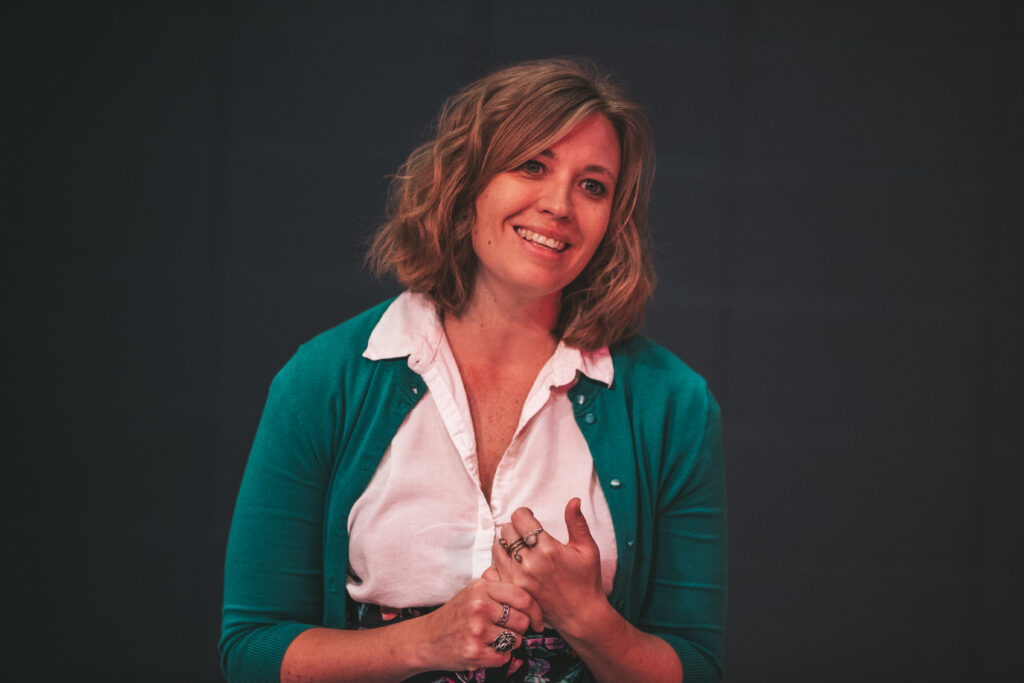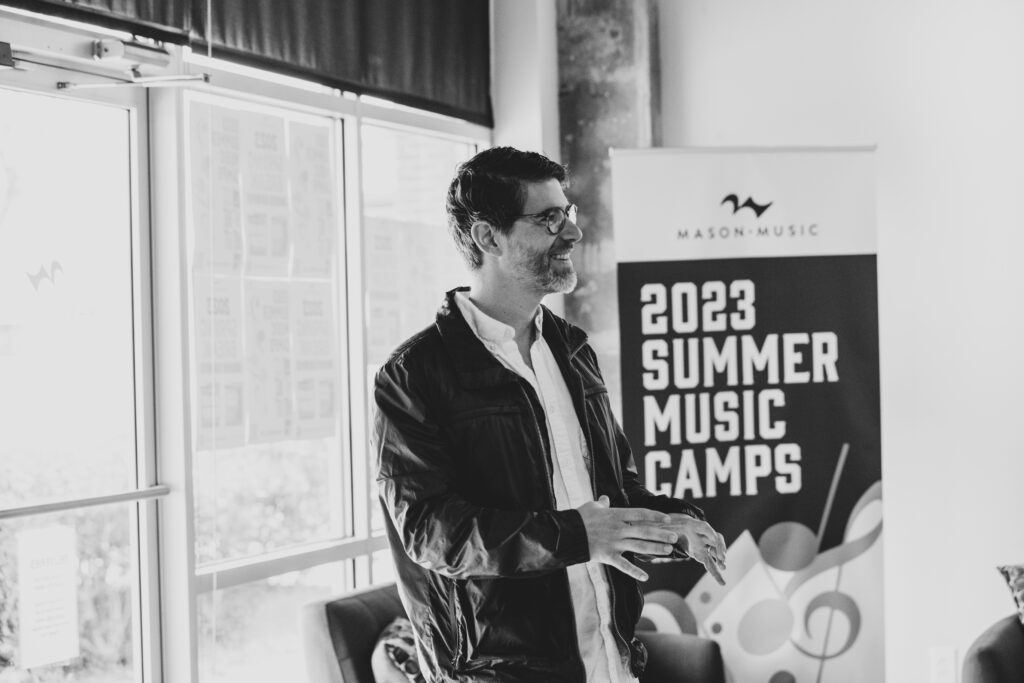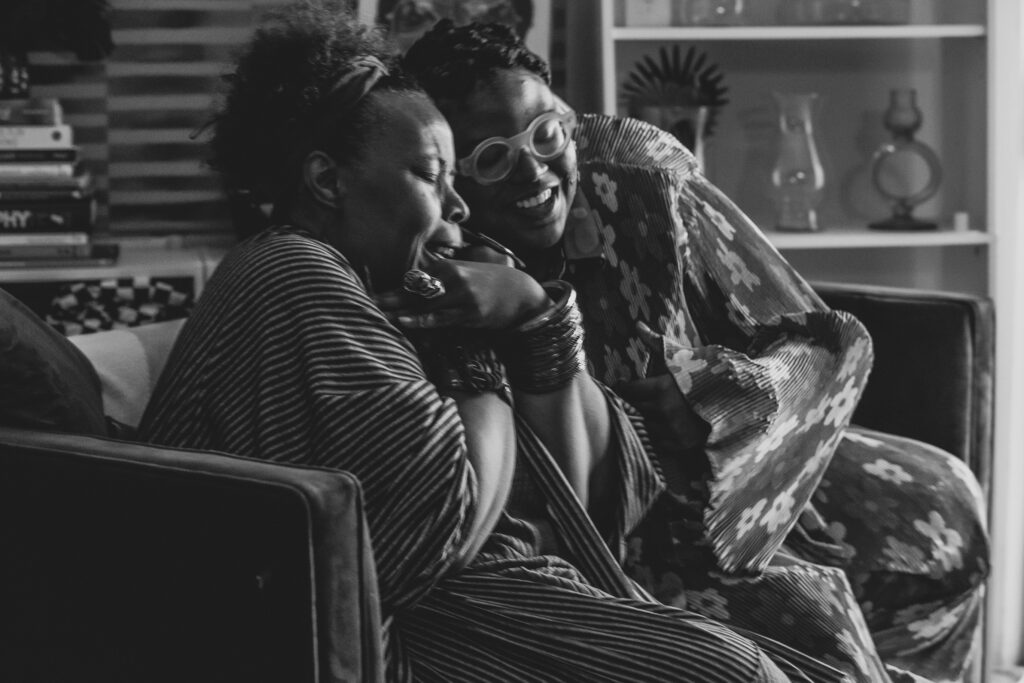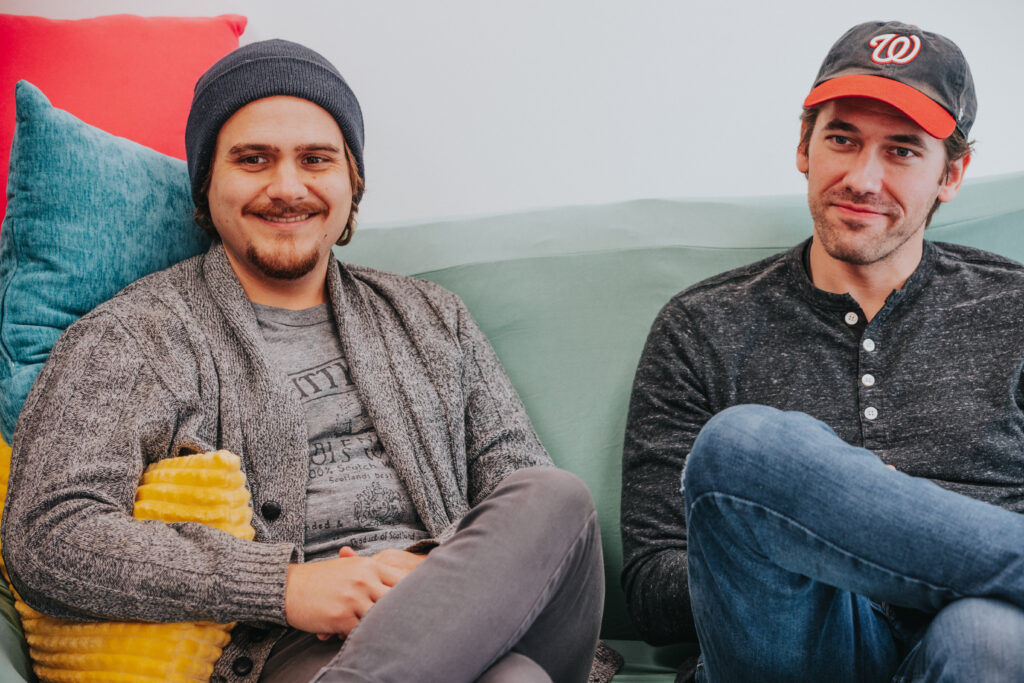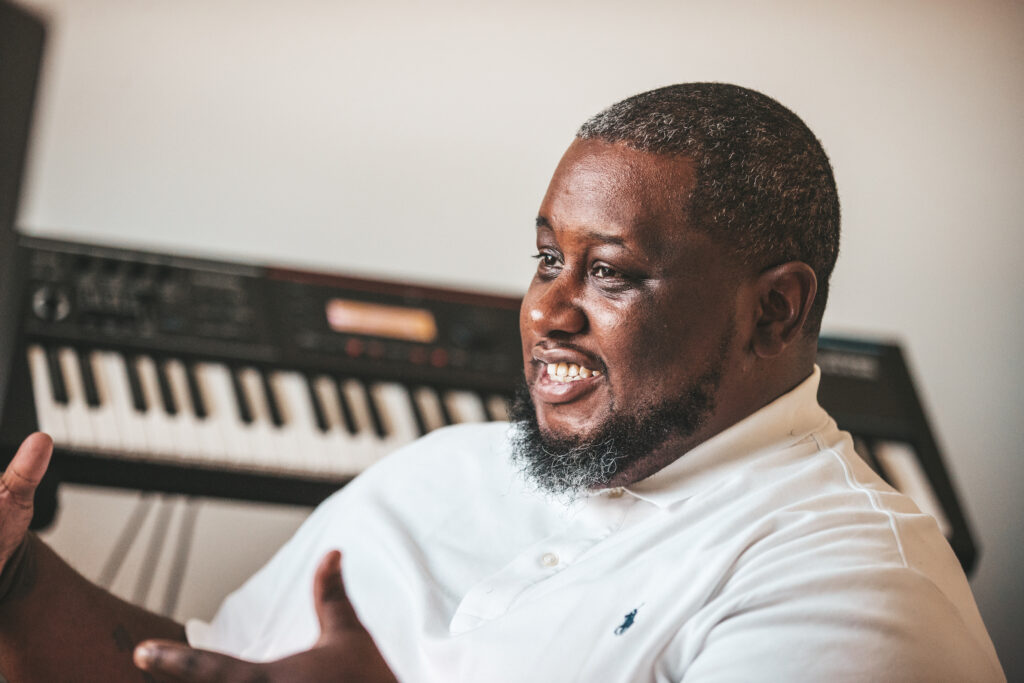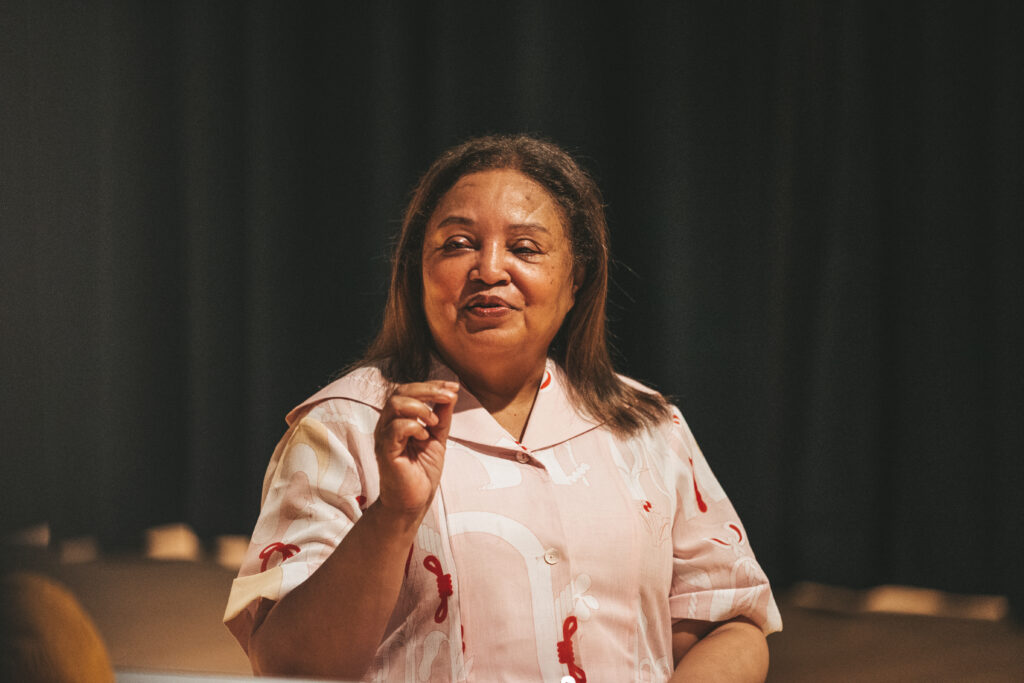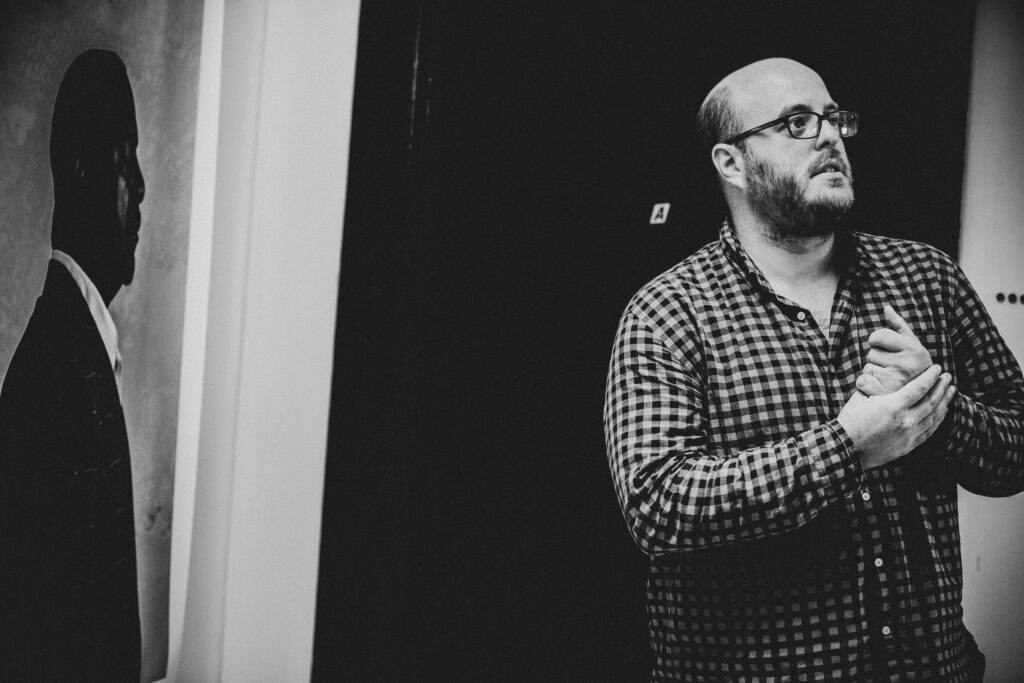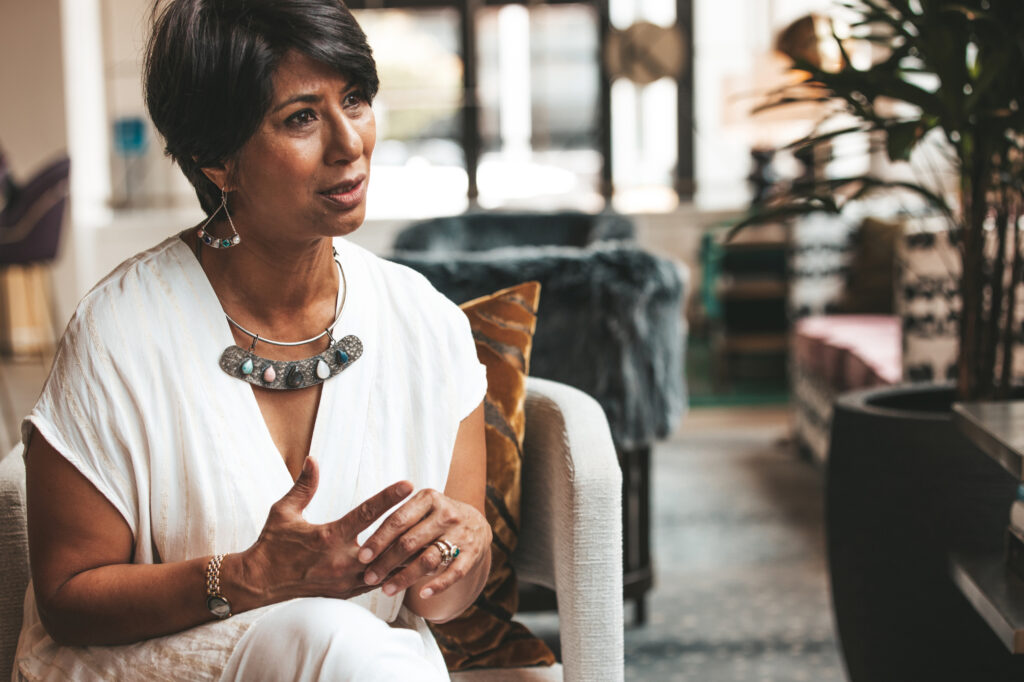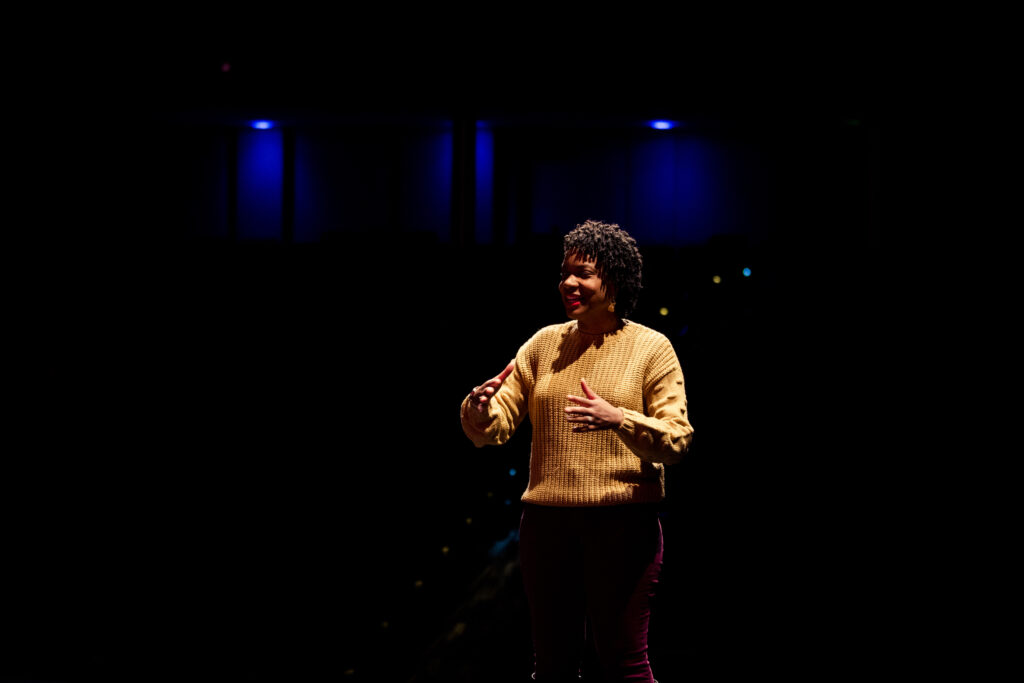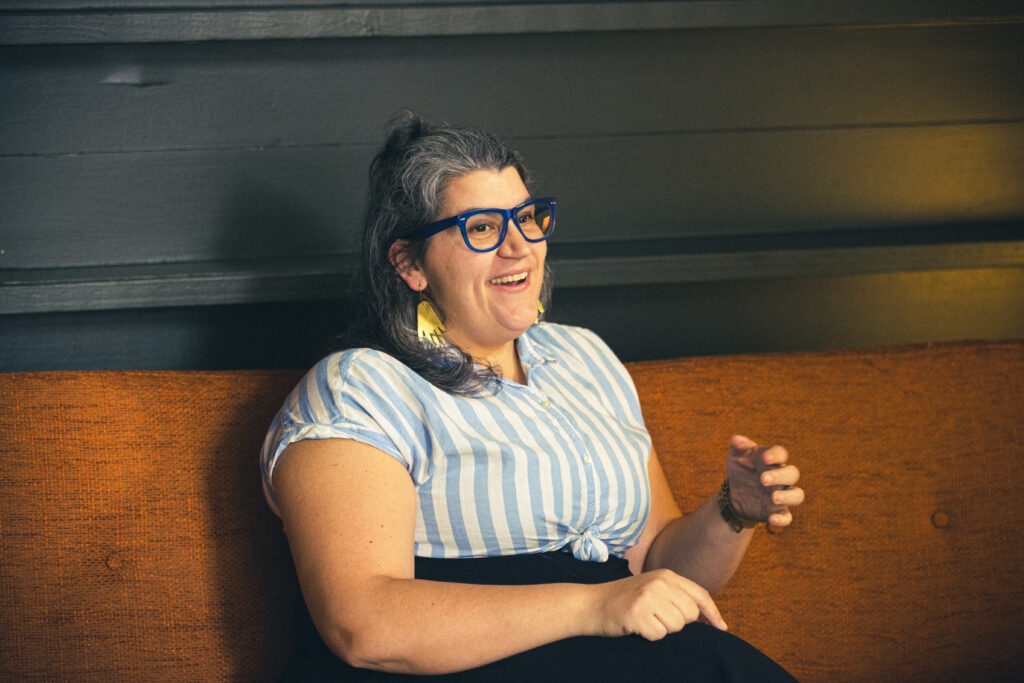“We feel the arts, and in particular hip-hop and spoken word, can be used as a tool to build, inspire and engage community.”
John Paul Taylor helps Birmingham youth find their voices both onstage and off as executive director and co-founder of Real Life Poets, a community service organization that mentors young adults and encourages strong communication skills through spoken word.
When was Real Life Poets founded, and what initially inspired you to form the organization?
In 2006, Real Life Poets began from a very grassroots community-driven approach when Leroy “‘Obeah” Hicks and myself started an open mic at Sistah’s Soulfood Cafe in East Lake. We wanted to use spoken word and hip-hop as tools to give the community a voice. In an effort to do more, we became a non-profit in 2008. We then met with Bonner Wagnon, back when Create Birmingham was still the Cultural Alliance. She gave us the best advice ever. She said “It will take ten years before anyone takes you seriously!” Next year will be ten years for us and Bonner was right — things are starting to open up locally, regionally, nationally and internationally. Bonner will forever be a part of our story because she believed in us when so many did not (RIP).
We feel the arts, and in particular hip-hop and spoken word, can used as a tool to build, inspire and engage community. We also feel that our spoken word curriculum can assist in the efforts to increase the literacy rates among Birmingham youth. We want to create positive spaces for the youth not only to write and share pieces but also most importantly to be free! Spoken word has similar traits to that of peer support in that it is historically rooted in both personal and community-based expression. Real Life Poets believes that spoken word and hip-hop add to the growing world of community-based mental health collectives and would be an exciting new forum for mental health narratives to be voiced. Our motto is “Changing minds one rhyme at a time.” We truly believe if we inspire just one it is all worth it. We simply want to make a difference.
What skills do you see the practice of poetry, including the spoken word form, imparting to your students?
The research shows clear psychological benefits for students that emerge from the creation and performance of poetry as well as the interpersonal work of collaborating with peers and adult mentors. Students begin to see themselves as writers, developing literate identities. Students receive reinforcement when sharing personal experience, giving them a strong sense of voice which strengthens confidence and personal identity. Spoken word appeals to students from diverse backgrounds providing an equally supportive atmosphere for all types of learners and performers. Spoken word curriculum include a cultivation of a safe space for poetry creation which builds trust. This, along with the relationships students build with adult mentors, contributes to community building.
Attending larger competitions shows participants that there is a wider, national community of spoken word artists, thus inspiring and teaching them how communities are developed and maintained. Participation in spoken word programming like Real Life Poets requires responsibility, as it demands personal exploration, revision, and feedback and a commitment to consistent attendance at meetings and the planning of events. As students begin to take themselves seriously through collective skill development they find peers and adults start taking them seriously and cultivate a culture of mutual respect.
You recently opened an arts hub on the second floor of East Lake United Methodist Church. How has this enhanced your work and your relationship with your community?
Opening the arts hub has been very helpful in transforming our work. It has allowed us to have central location for our programming, which has created a more streamlined system with our community partners including UAB and the Birmingham Public Library. It has given us the space we need to run The Lab, our after school sessions. We are doing more groundwork in the community now to let them know what we have to offer and gaining insight from the residents themselves on how we can use the arts to truly serve the community. Listening to the community is so essential to the process. Being a recent graduate of the inaugural class of UAB Community Research Fellows has given me a deeper understanding of how to make sure the community voice is heard from research level to program implementation. We want the community to understand that it can save itself — as a community we have power.
Real Life Poets is in the process of launching an arts academy. Can you tell our readers a bit about this program?
The Real Life Poets Arts Academy is a grant-funded initiative of the Community Health Innovation Awards supported by UAB’s Center for Clinical Translational Sciences. Real Life Poets Arts Academy is an apprenticeship program focused on the spoken word and the arts to address mental health, workforce empowerment and community involvement. Our goal is to create a results-driven and empowering job training and mentoring hub for youth ages 16-19 in the East Lake neighborhood. It’s a free program that will be held on Saturdays from 10 am to 2 pm on October 21st and 28th, November 11th & 18th, and December 9th & 16th. Graduating from the Arts Academy then allows participating youth to be eligible to for internships through our youth artist internship program.
What else is in store for Real Life Poets for the rest of 2017?
Beginning October 19th, we will be offering Real Life Poets Hip-Hop is Life, a six-week intervention group program with a focus on mental health, emotional expression, and positive growth through spoken word. This will be an alternative program for clients from Jefferson County Family Court’s UAB TASC/Adolescent Substance Abuse Program who would ordinarily be referred to treatment based on previous ASAP criteria. The focus of the intervention will be to reduce further substance use and behavior outcomes among adolescents aged 13-18.
Real Global Poets heads back to Kenya at the end of November to train our new facilitators for the 2018 season for Real Global Poets. Real Global Poets is a collaborative effort between Real Life Poets and The Great Globe Foundation’s Dadaab Theatre Project. RGP aims to give a voice to young people around the globe using poetry to express experiences and feelings. Also, we are now official members of the UNHCR #WithRefugees Coalition and have some great things coming for this campaign in 2018.
We also look forward to our second Spoken Truth Festival in 2018 in partnership with UAB Student Media and to taking our youth poetry slam to Chicago in the summer of 2018 for Brave New Voices International Poetry Festival. Finally, we are planning some fundraising efforts to support all of the work that we do. We are a small organization that has spent years “doing the work”. We need community support to continue to expand and improve the work.
